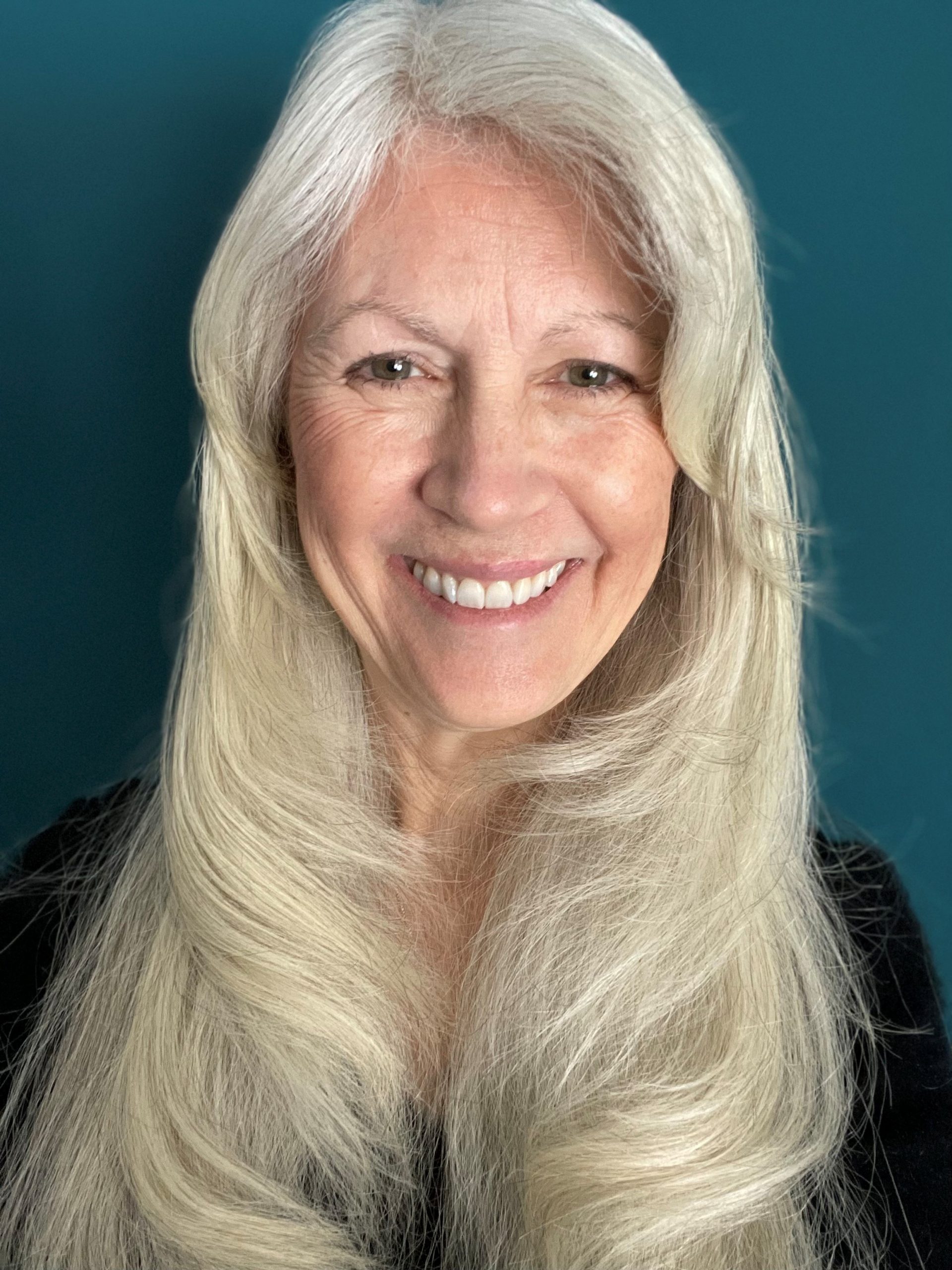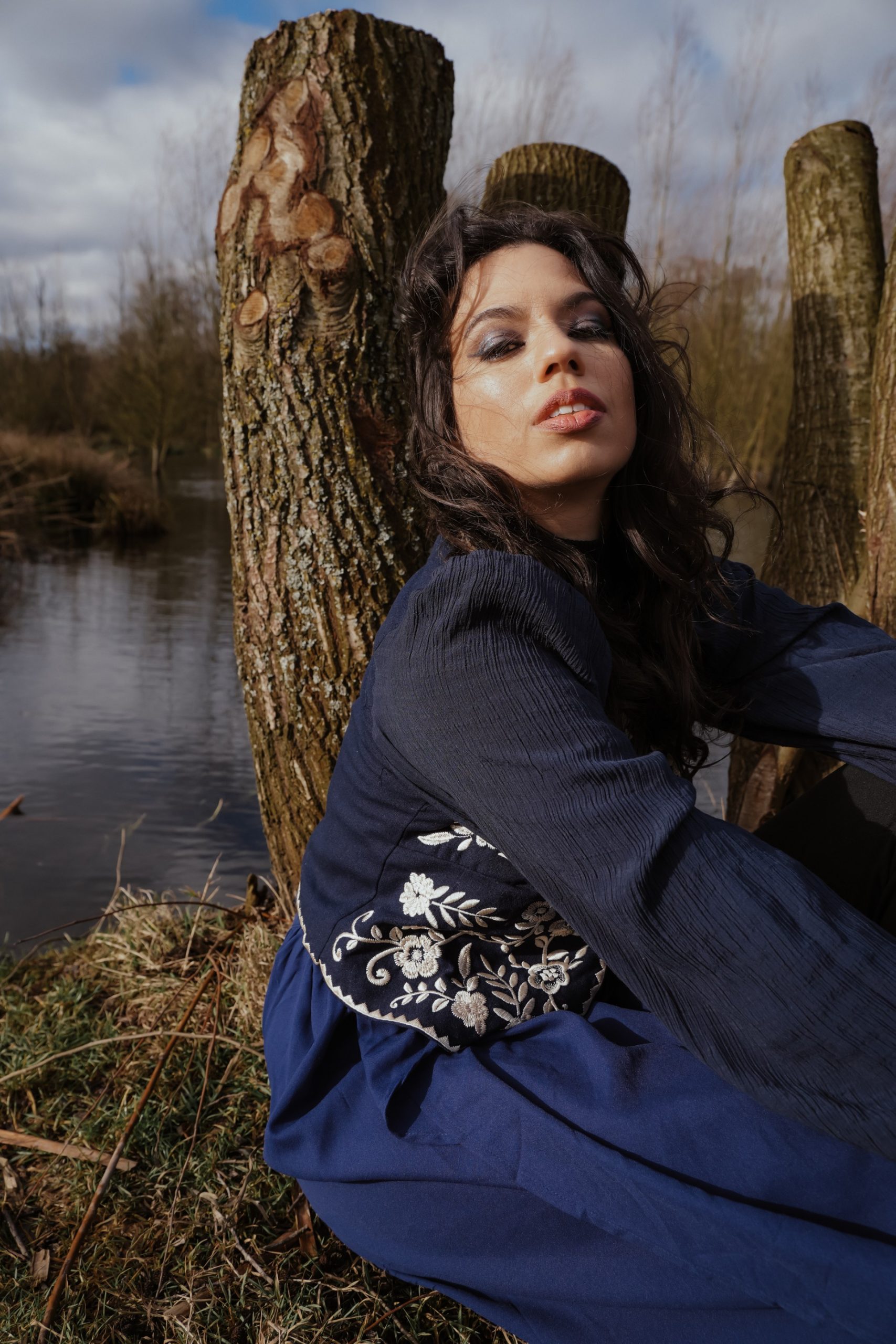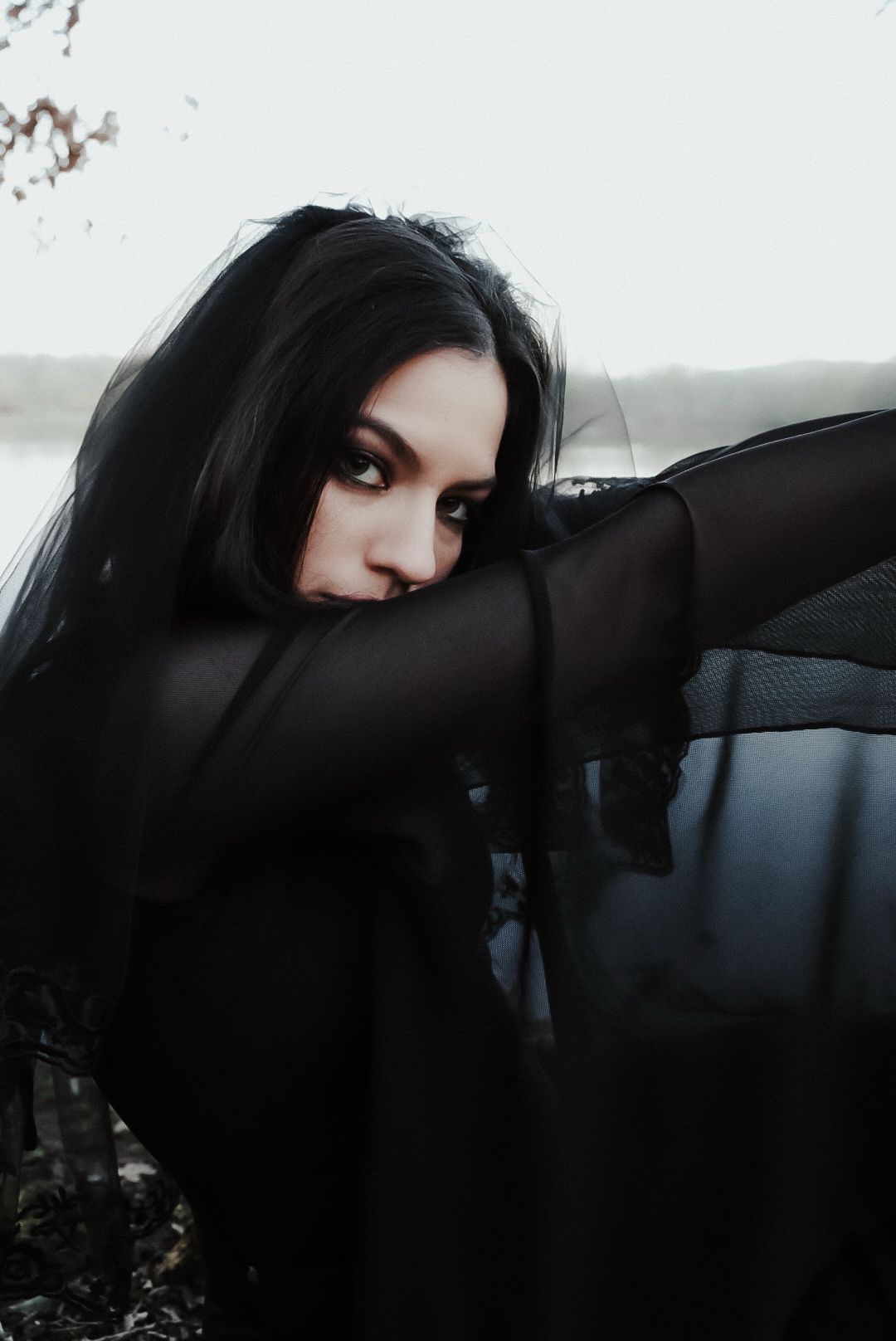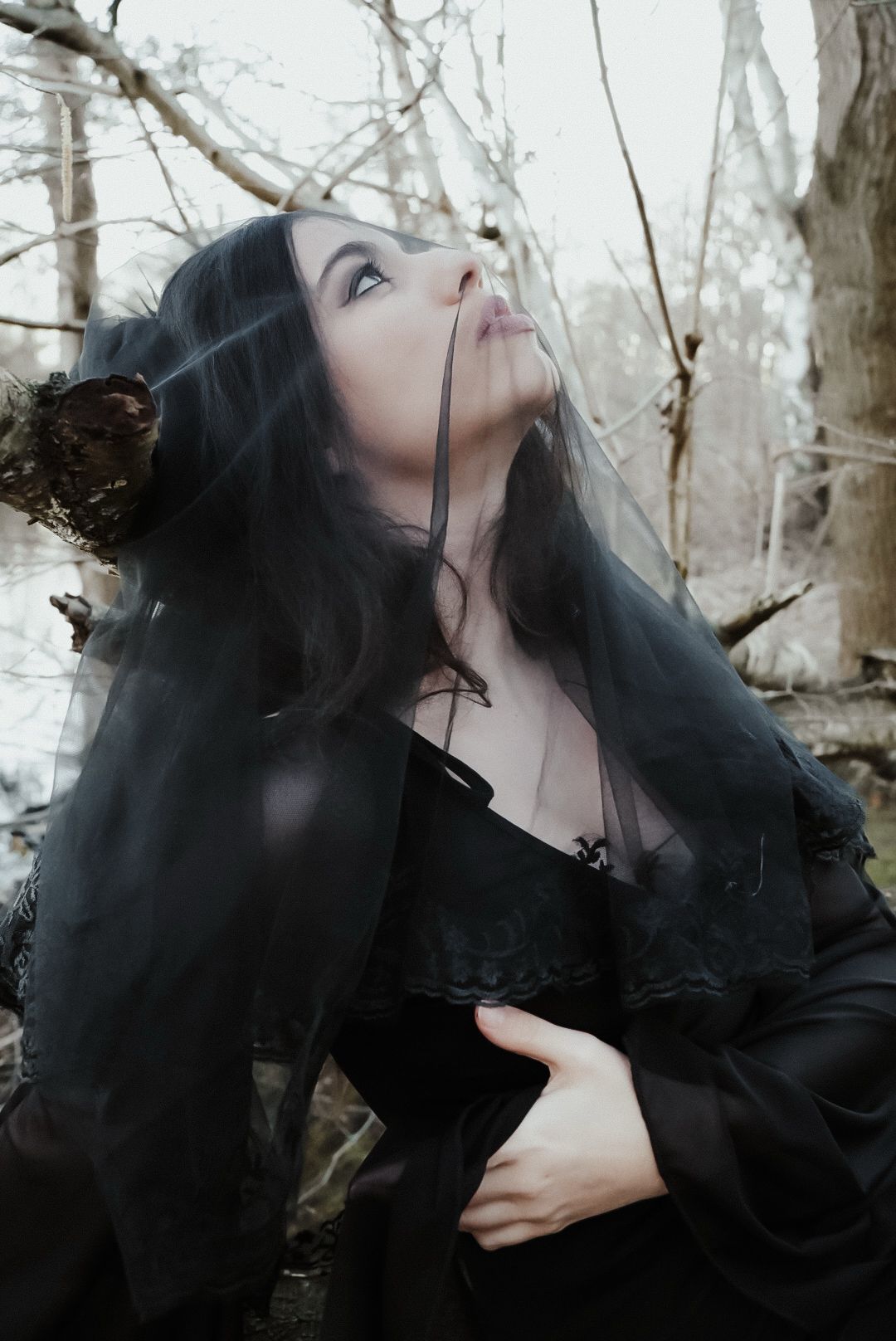Kathleen Macferran is an author, facilitator, and Certified Trainer for the Center for Nonviolent Communication. She travels internationally working with individuals, families, community groups, businesses, schools, and prison inmates.
For 20 years she served as a workshop facilitator for the Freedom Project of Seattle, WA, an organization that supports healing and restoration inside and outside prisons through Nonviolent Communication, mindfulness, racial equity and anti-oppression.
Prior to her work with nonviolence, Kathleen spent much of her life bringing harmony to communities through music, including two decades as a classical music conductor and leader of a nonprofit organization, and seven years as a public-school music teacher.
Kathleen is the author of Calling In the Dawn: Shaping Our Future through Authentic Dialogue, and co-author with Jared Finkelstein of Choice: A Field Guide for Navigating the Polarization of Our World and Living Interdependently. Her two children’s books How Giraffes Found Their Hearts and How Giraffes Got Their Ears, and her CD Giraffe Tales can be found along with her TEDX talks on her website www.StrengthofConnection.com.
In our interview we talk about the state of the world, Nonviolent Communication and how we can be more emphatic towards each other and make a difference,
“Our humanity is shared and deeply dependent on one another”
1.Kathleen, we live in a world, dare I say, more polarized than ever, locked in our algorithmic bubbles. How can we listen to all sides of a problem and avoid being manipulated?
a) These really are challenging times. The speed of change; the inequity in access to resources, education, medical care, housing, etc; the global interdependency without matching multi-cultural understanding; the trauma from generations of violence; simply the complexity of it all sets this time apart from any other.
b) Starting with personal and societal humility to acknowledge the complexity and that we have much to learn from each other around the world is a huge step toward a willingness to listen. Understanding as well that our global ecosystem is inextricably linked and our survival depends on our cooperation is crucial.
c) There are learnable dialogue skills that provide tools to get to the heart of what is important quickly and empathically, while also standing strongly in one’s integrity. To see all sides of a problem we need to speak bravely and listen courageously, act with dignity toward all, and then invite innovation and creativity without predetermined conditions.
d) I think of manipulation as tending to one’s own needs at the expense of others. As open, courageous dialogue unfolds it becomes apparent that our humanity is shared and deeply dependent on one another. As it becomes clearer that it is impossible to fully meet your needs at the expense of another’s needs (and vice versa), then trust slowly builds over time. The more trust, the less likely there will be manipulation. Communities can also co-create systems of accountability to the needs of the whole that makes manipulation an ineffective option.
My choices have potency and impact, so I want to choose responsibly.
“I am part of an interconnected universe. What I put out into the world is also what I take in”
2. You defend a peaceful, just and sustainable world, which some can consider idealistic or even a utopia. Can you prescribe actionable steps that people can take towards to this goal?
a) For me, I always want to stay grounded in the world I want, the principles that give my life meaning, the qualities I deeply value. My actions follow my attentions, so I try to place my attention on my principles and vision, moving in the direction of love, peace, justice and sustainability to the best of my ability in any given moment. That is supported by a daily practice of self-connection and self-care.
b) I remind myself as often as possible that I am part of an interconnected universe. What I put out into the world is also what I take in. That makes me pause before lashing out in pain at the expense of another. It also reminds me to not hold back on my joy and celebration. My choices have potency and impact, so I want to choose responsibly.
c) Another actionable step is to learn to listen deeply to what is important to others- specifically their feelings and needs behind any word or action no matter how they are trying to express that. Learning to hear underneath judgments, hearing what someone cares about, what principles/needs are important to them can help find common ground and a sense of shared humanity. Once there is clarity on the underlying motivation, then there can be dialog to find strategies that meet needs for all rather than meeting some needs at the expense of other needs.
d) Dialogue can be more productive when there’s a willingness to be honest and vulnerable with one’s own feelings and needs. Putting your heart on the line about what matters invites more connection and collaboration. Honesty can also bring more clarity and efficiency. There usually is more of a sense of shared humanity which invites a sense that we are all in this together.
e) It has been important to me to cultivate the ability to ask in specific, concrete terms what I want myself or others to do to attend to needs that have been identified. Linking the need/principle we are reaching for to a specific action makes it much more doable and more likely it will happen.
f) Finally, I remind myself regularly to do the best I can based on the information/resources/capacity I have in any moment, and to be flexible that I may change in a different moment if there is new information or feedback available that calls for a change. This has helped many groups and me personally to move forward rather than stay stuck in looking for a perfect solution.
“I now feel confident it is possible to move through conflict of all kinds nonviolently”
3.You also work as a Certified Trainer for Nonviolent Communication (CNVC). Can you explain what it is for those who don’t know? What did these studies and practice teach about the world and especially about yourself?
a) The Center for Nonviolent Communication (cnvc.org) was created to support the work of Marshall B. Rosenberg, PhD, who founded the practice of Nonviolent Communication around the time of the civil rights movement in the US. As a Jewish boy in Detroit, Marshall grew up with racial tensions and would ask the question, “Why do some people stay connected to compassion in the midst of violence and others don’t?” His quest to answer that led him to study philosophers, religions, communication methods, social scientists and eventually to become a psychologist and social advocate himself. Now the Center for Nonviolent Communication is an international organization with over 750 certified trainers worldwide. CNVC offers trainings that support understanding across differences; and action within oneself, between individuals, and within social structures to help co-create a world that works for all.
b) The practice of Nonviolent Communication transformed the way I looked at the world by helping me understand that all words and actions are attempts to meet universal needs. That allowed me to expand my world view far beyond my own social location and start to see common ground across all differences. It also helped me appreciate our differences and enjoy a depth of connection and creativity that enriched my life so much. I now feel confident it is possible to move through conflict of all kinds nonviolently in ways that inspire learning, growth, creativity and connection.
“Empathic understanding and honest expression without judgement is a complete game changer”
4. You also work to promote healing and restoration inside and outside prisons. Do you feel that hurt people hurt people and there’s a better way to recondition their brains and their perception of life?
a) What I have learned in a couple of decades of work with my brothers, sisters and siblings, who are incarcerated is that we all are impacted by the conditions in which we live and use the options available to us to try to meet needs. I believe we all experience hurt and harm during life, yet not all to the same degree. We don’t have the same access to resources for support when harm happens. How we respond to hurt can trigger additional hurt to oneself and/or others, or it can move in the direction of healing and learning. Over and over, I’ve seen Nonviolent Communication be a framework to empathically connect with the needs one was trying to meet when they did what ended up in hurt/harm and then learn different strategies to meet those needs in ways that are nurturing and safe. It has also been a framework to make sense of the violence one has experienced and to help address the internal trauma in ways that can lead to healing and healthier habits. I’ve known Nonviolent Communication be a framework that helps repair relationships ruptured by violence and helps bring self-understanding and forgiveness. So often the experience of empathic understanding and honest expression without judgement is a complete game changer in how one experiences the world and works to build a new future. I believe we rewire our brains with this work.
“We are all in this together”
5. At last, your site is called Strength of connection. When do you feel the most connected and how can we cultivate this spirit more from now on?
I feel the most connected when I’m in spaces where people are being real and vulnerable about what they care about. One person can get that started in any group. When I see people’s humanity emerge through their vulnerability, I get this sense we are all in this together and our connection is fundamental to our survival. The key qualities for me that cultivate connection are curiosity, humility, a willingness to see the world through another’s experiences and a desire to learn. In spaces where all perspectives are valued, creativity naturally emerges and the power of love becomes unstoppable.
Paula Cristina Gouveia














